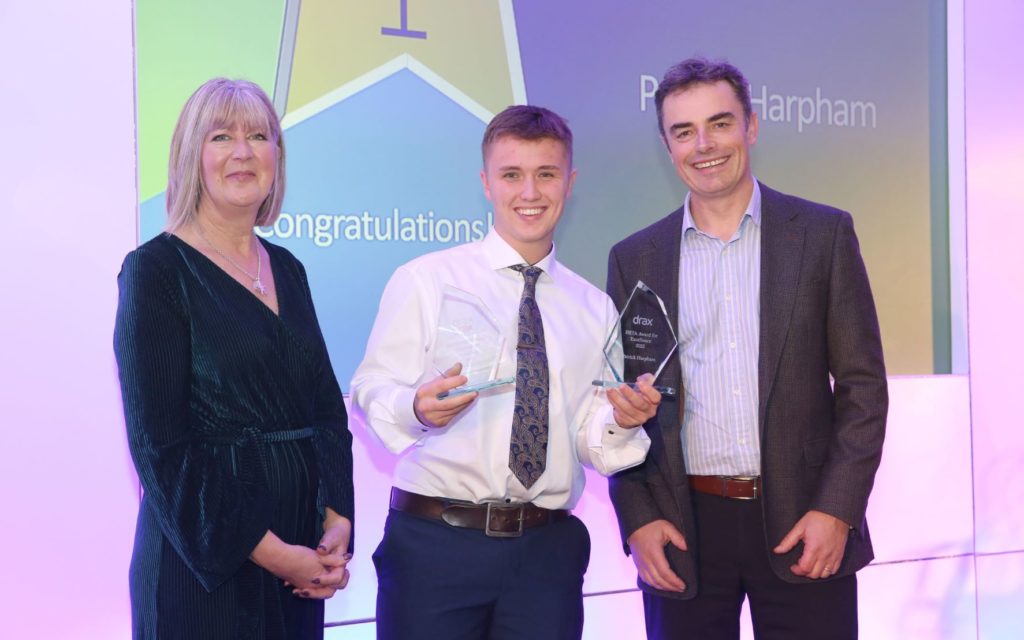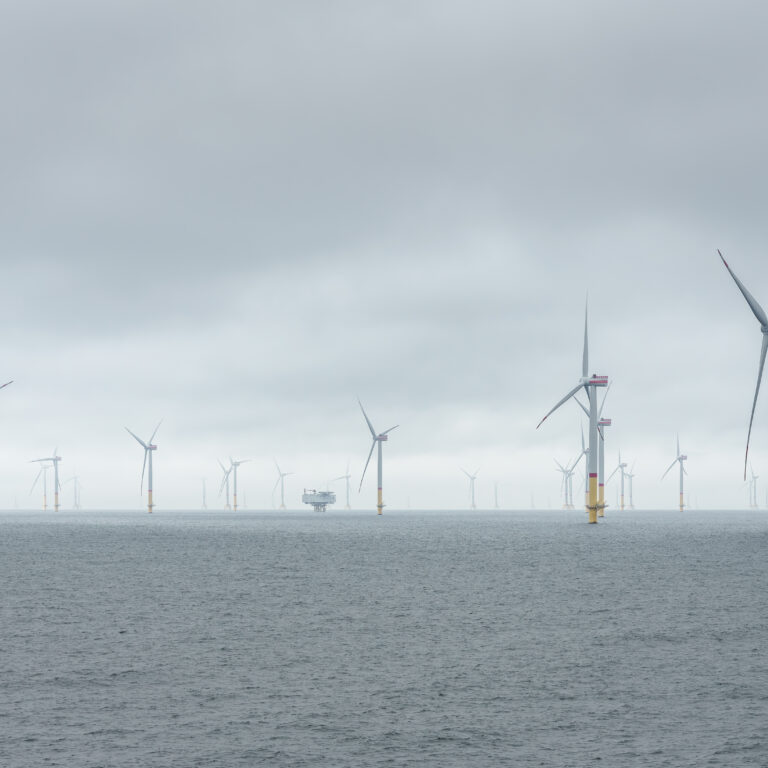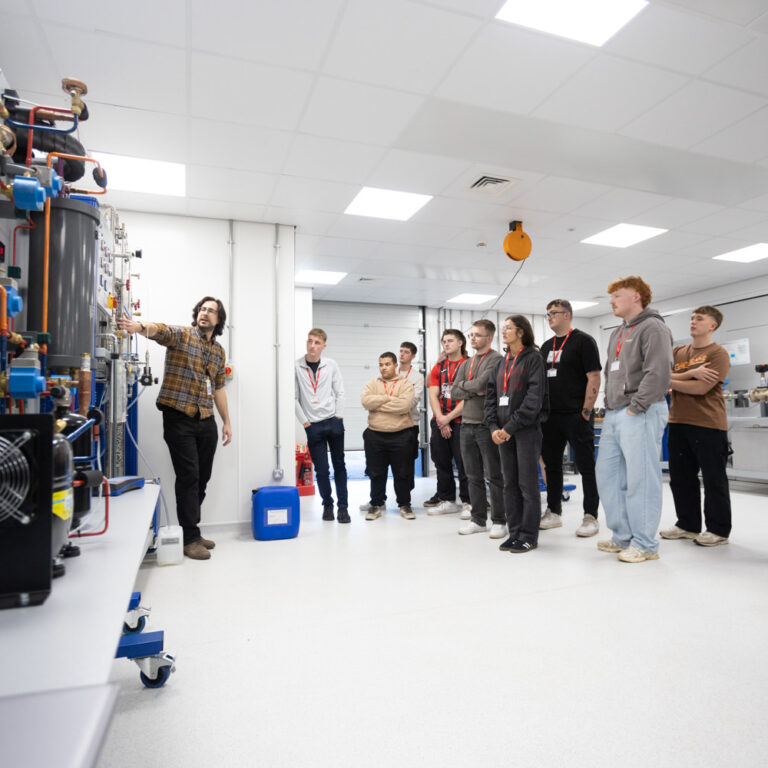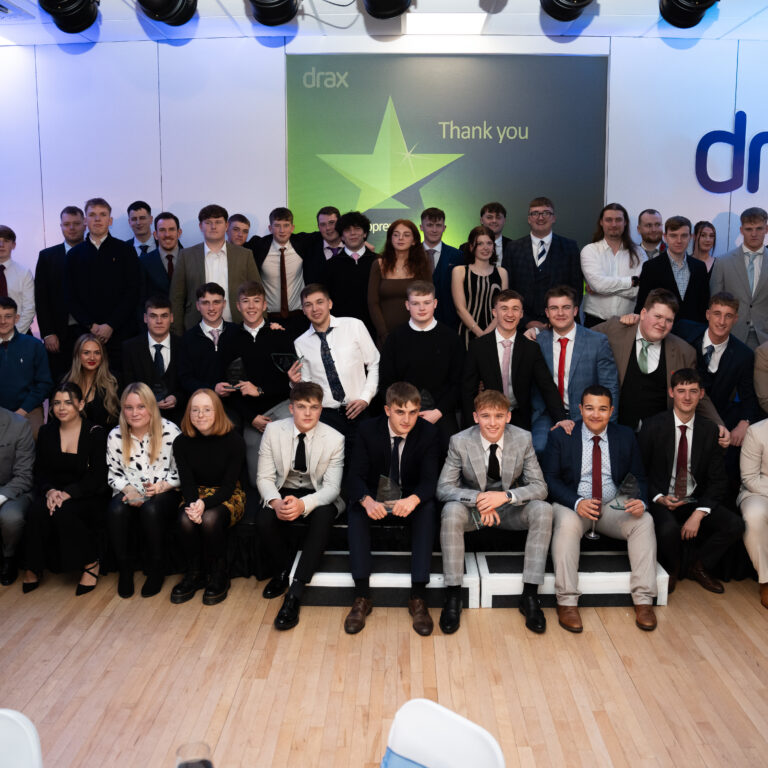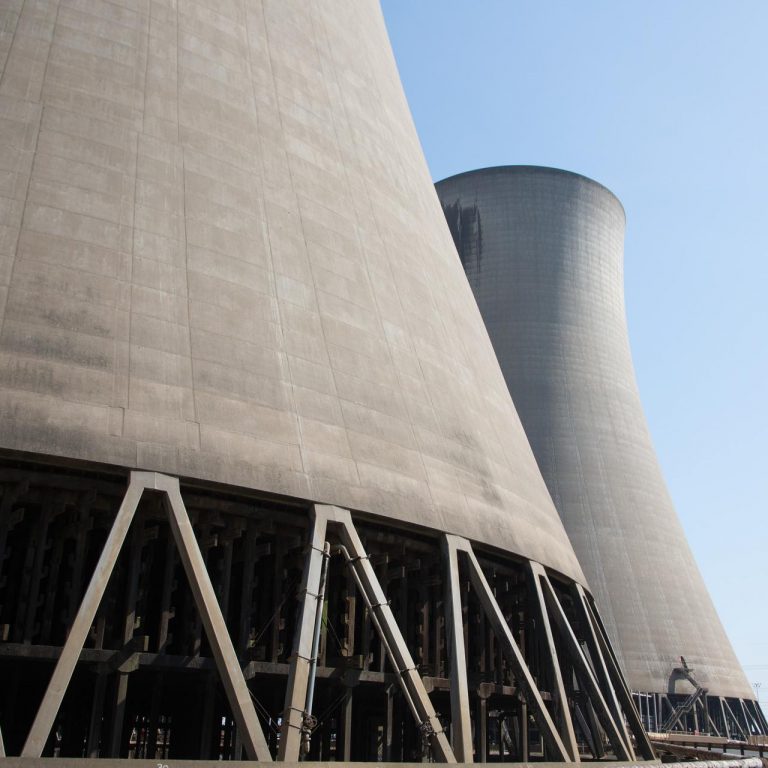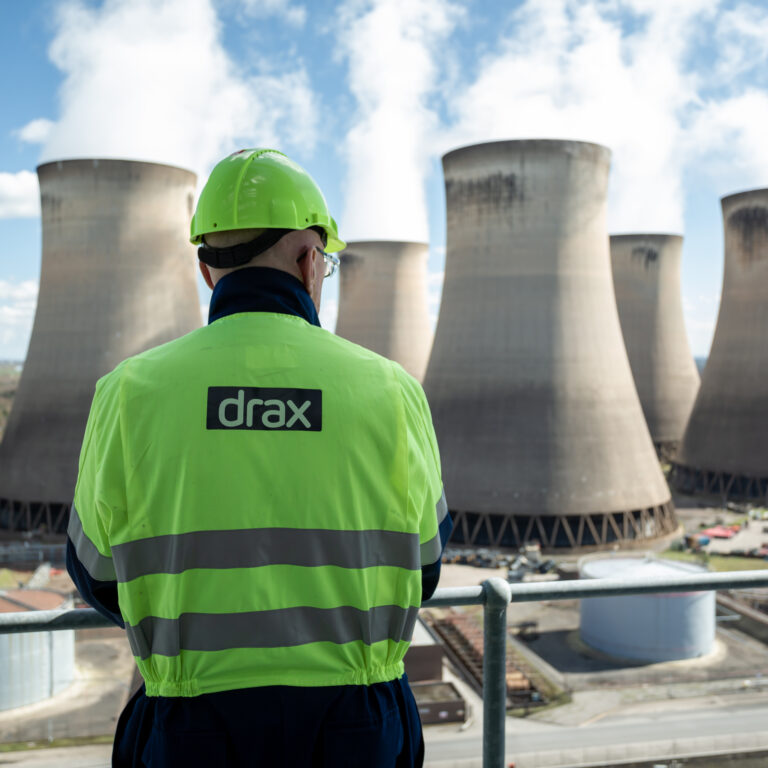Patrick Harpham, whose Grandad and Great-Grandad spent much of their careers working at Drax Power Station, was not only named Technical Apprentice of the Year (Year 1) by his colleagues at Drax Power Station but has also received the Mechanical Apprentice of the Year and the Award for Excellence from HETA (Humberside Engineering Training Academy) where the apprentices start their training.
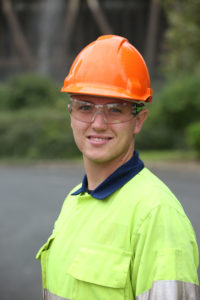
Patrick Harpham
Patrick, age 20, said:
“I’m really grateful for winning three awards. I’d like to thank everyone at HETA and in the Drax technical training team who supported me through my first year. I’ve enjoyed coming onto site at Drax, learning about how the plant works and getting to know the business and what it stands for.
“My great-Grandad helped to build Drax, and my Grandad worked in the turbine team. This is what really inspired me to go for the job and got me where I am today. My Grandad has talked to me a lot about what he did at Drax, and it makes me really excited about what my career could be like in the future.”
Several other young apprentices from across the group also won top prizes at the UK’s biggest renewable power station’s annual apprentice awards event in recognition of their achievements over the past year.

Sam Plumb and Drax Plant Director, Bruce Heppenstall
Sam Plumb, age 23 from Gainsborough, was awarded both Technical Apprentice of the Year (Year 4) and the Paul Chambers Outstanding Achievement Award.
Sam, who has helped to lead the BECCS (bioenergy with carbon capture and storage) apprentice project, including forming and managing an apprentice rota, said:
“It’s great to be recognised for my hard work and to celebrate with the other apprentices I’ve worked with over the last few years.
“I enjoyed taking the lead on the apprentice BECCS project this year which included doing regular checks, taking readings and diagnosing faults. I’m looking forward to putting into practice what I’ve learnt at Drax, settling into my permanent role and hopefully at some point completing further qualifications such as a HNC and HND.”
The 55 apprentices from across the group gathered at the Drax Sports and Social Club for the celebration which also included a day of team building activities. This is the first time since before the Covid pandemic that the event has been able to be held in person.
Bruce Heppenstall, Drax Plant Director, who hosted the event, said:
“Drax is committed to championing and supporting people in their early careers. Hiring and developing a talented workforce of the future is essential for a business like Drax, as we strive to deliver cutting edge climate-saving technologies like bioenergy with carbon capture and storage (BECCS).
“Apprentices all have unique talents and bring a new perspective, that we can learn from. It’s been fantastic to be able to hand out the awards to this year’s winners and celebrate their achievements in person after having held the awards virtually the last couple of years due to Covid. All the apprentices should be extremely proud of themselves, they have a bright future ahead of them.”
Sam Easthill, Sam Plumb, James Taylor, Simran Ley, Bruce Heppenstall, Patrick Harpham, Declan Farmer and Luke Crossland
This year’s winners were:
- Technical Apprentice of the Year (Year 1) and winner of the HETA Mechanical Apprentice of the Year and Award for Excellence – Patrick Harpham, age 20 from Selby
- Technical Apprentice of the Year (Year 2) – Declan Farmer, age 19 from Gilberdyke near Brough
- Technical Apprentice of the Year (Year 3) – James Taylor, age 20 from Thorne and Simran Ley, age 24 from Selby
- Technical Apprentice of the Year (Year 4) and the Paul Chambers Outstanding Achievement Award – Sam Plumb, age 23 from Kirton in Lindsey, near Gainsborough
- Craft Apprentice of the Year (Scotland, Year 2) – Paul Firth, age 21 from Motherwell near Glasgow
- Craft Apprentice of the Year (Scotland, Year 3) – Gregor Fraser, age 23 from Lenzie near Glasgow
- Business Apprentice of the Year – Luke Crossland, age 23 from Wrenthorpe near Wakefield
- HETA Electrical Apprentice of the Year – Sam Easthill, age 23 from Cliffe near Selby
Drax’s long-running apprenticeship scheme is part of its commitment to developing new talent as well as upskilling the workforce across the region. Drax has 55 apprentices as well as 57 existing employees working towards apprenticeship qualifications at other career levels within the business.
The craft and technical apprenticeship scheme gives new recruits the opportunity to gain skills and expertise by working alongside highly qualified engineers. It is a four-year programme, and specialises in three engineering disciplines: Mechanical, Electrical and Control & Instrumentation. In addition to engineering disciplines, Drax also offers apprenticeship qualifications in business support areas such as HR, cyber security, IT, facilities and network security.
Earlier this year, Drax launched a major public consultation at its North Yorkshire power station to advance its plans to deploy the pioneering negative emissions technology, bioenergy with carbon capture and storage (BECCS). If successful, Drax could develop two BECCS units by 2030, capturing and storing at least 8 million tonnes of CO2 a year.
Scaling up BECCS at Drax would support over 10,000 jobs at its peak which is why it is vital that the region’s workforce has the skills needed to implement this green energy technology, enabling the UK to meet its 2050 net zero target whilst generating the renewable electricity the country needs.
ENDS
Main photo caption: Helen Larkin, HETA Training & Development Advisor, Patrick Harpham and Bruce Heppenstall, Drax Plant Director
Media contacts:
Megan Hopgood
Communications Officer
E: [email protected]
T: 07936 350 175
Editor’s Notes
Drax has been running an apprenticeship scheme for almost two decades at its eponymous power station in North Yorkshire and also offers internships and graduate schemes as part of its dedication to improving skills and increasing opportunities for young people across the region.
Drax runs a variety of initiatives to support STEM education and skills including offering power station tours, interactive workshops and work experience opportunities.
Applications will be opening soon for Drax’s next work experience for students in Y10-Y12 or S4-S6 in Scotland. For more details go to www.drax.com/careers.
In 2020, Drax launched a £180,000 five-year partnership with Selby College, with the aim of supporting education and skills. Last year, Selby College and Drax recently secured over £270,000 of government funding to develop the UK’s first educational programme in carbon capture. The training will equip Drax’s employees with the knowledge and practical experience needed to operate the vital climate saving negative emissions technology bioenergy with carbon capture and storage (BECCS).
About Drax
Drax Group’s purpose is to enable a zero carbon, lower cost energy future and in 2019 announced a world-leading ambition to be carbon negative by 2030, using bioenergy with carbon capture and storage (BECCS) technology.
Drax’s around 3,000 employees operate across three principal areas of activity – electricity generation, electricity sales to business customers and compressed wood pellet production and supply to third parties. For more information visit www.drax.com
Power generation:
Drax owns and operates a portfolio of renewable electricity generation assets in England and Scotland. The assets include the UK’s largest power station, based at Selby, North Yorkshire, which supplies five percent of the country’s electricity needs.
Having converted Drax Power Station to use sustainable biomass instead of coal it has become the UK’s biggest renewable power generator and the largest decarbonisation project in Europe. It is also where Drax is piloting the groundbreaking negative emissions technology BECCS within its CCUS (Carbon Capture Utilisation and Storage) Incubation Area.
Its pumped storage, hydro and energy from waste assets in Scotland include Cruachan Power Station – a flexible pumped storage facility within the hollowed-out mountain Ben Cruachan.
The Group also aims to build on its BECCS innovation at Drax Power Station with a target to deliver 4 million tonnes of negative CO2 emissions each year from new-build BECCS outside of the UK by 2030 and is currently developing models for North American and European markets.
Pellet production and supply:
The Group has 17 operational pellet plants and developments with nameplate production capacity of around 5 million tonnes a year.
Drax is targeting 8 million tonnes of production capacity by 2030, which will require the development of over 3 million tonnes of new biomass pellet production capacity. The pellets are produced using materials sourced from sustainably managed working forests and are supplied to third party customers in Europe and Asia for the generation of renewable power.
Drax’s pellet plants supply biomass used at its own power station in North Yorkshire, England to generate flexible, renewable power for the UK’s homes and businesses, and also to customers in Europe and Asia.
Customers:
Drax supplies renewable electricity to UK businesses, offering a range of energy-related services including energy optimisation, as well as electric vehicle strategy and management.
To find out more go to the website www.energy.drax.com







